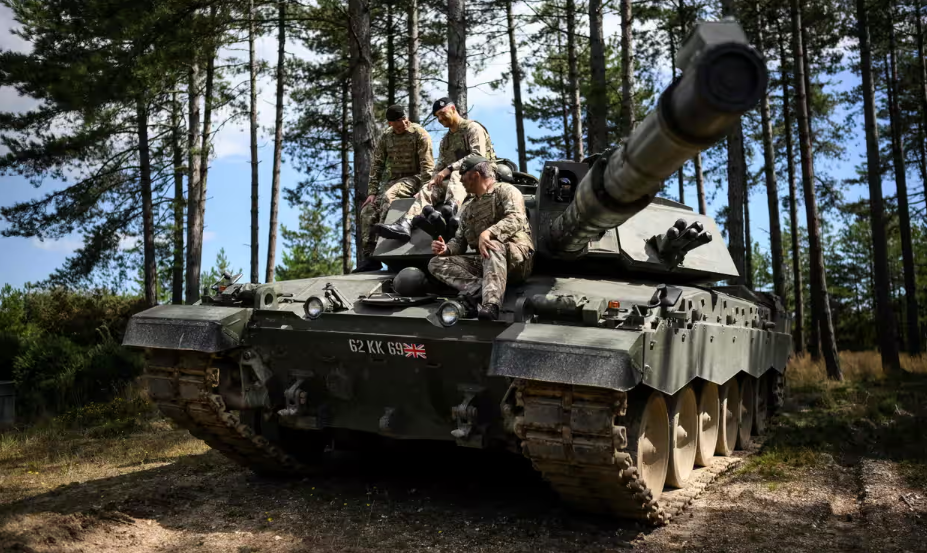
Army soldiers at a British Ministry of Defence training base in the south of the country
The impacts of global warming from climate change are pervasive in every aspect of the British armed forces’ operations. For example, high temperatures make training locations such as Cyprus unusable at certain times of the year.
Hot weather is affecting units participating in foreign missions. Armored vehicles can be damaged in the increased temperature.
"The armed forces, defence procurement and military real estate, both in the UK and overseas, will need to adapt to the effects of climate change in the coming decades," The Guardian quoted a report by the British Parliamentary Military Committee published on August 18.
Otherwise, the areas affected will include geostrategy, combat readiness, resiliency and the ability to deliver military effectiveness.
The report notes that rising ocean temperatures have reduced the operational effectiveness of British warships.
Warships operating in the Gulf rely on seawater to cool their engines if they are to operate normally. However, rising seawater temperatures complicate the cooling process, affecting the performance of the warship’s engines.
Without timely action to adapt, the British military's combat capabilities could be eroded by rising temperatures and harsher climatic conditions, MPs on the committee have warned.
Former US Secretary of State John Kerry, the US President's Special Envoy for Climate Change, told British MPs that the climate crisis poses major risks to global defence and security, and the British military is no exception.
Source link





![[Photo] General Secretary To Lam attends the 80th Anniversary of the Cultural Sector's Traditional Day](https://vstatic.vietnam.vn/vietnam/resource/IMAGE/2025/8/23/7a88e6b58502490aa153adf8f0eec2b2)


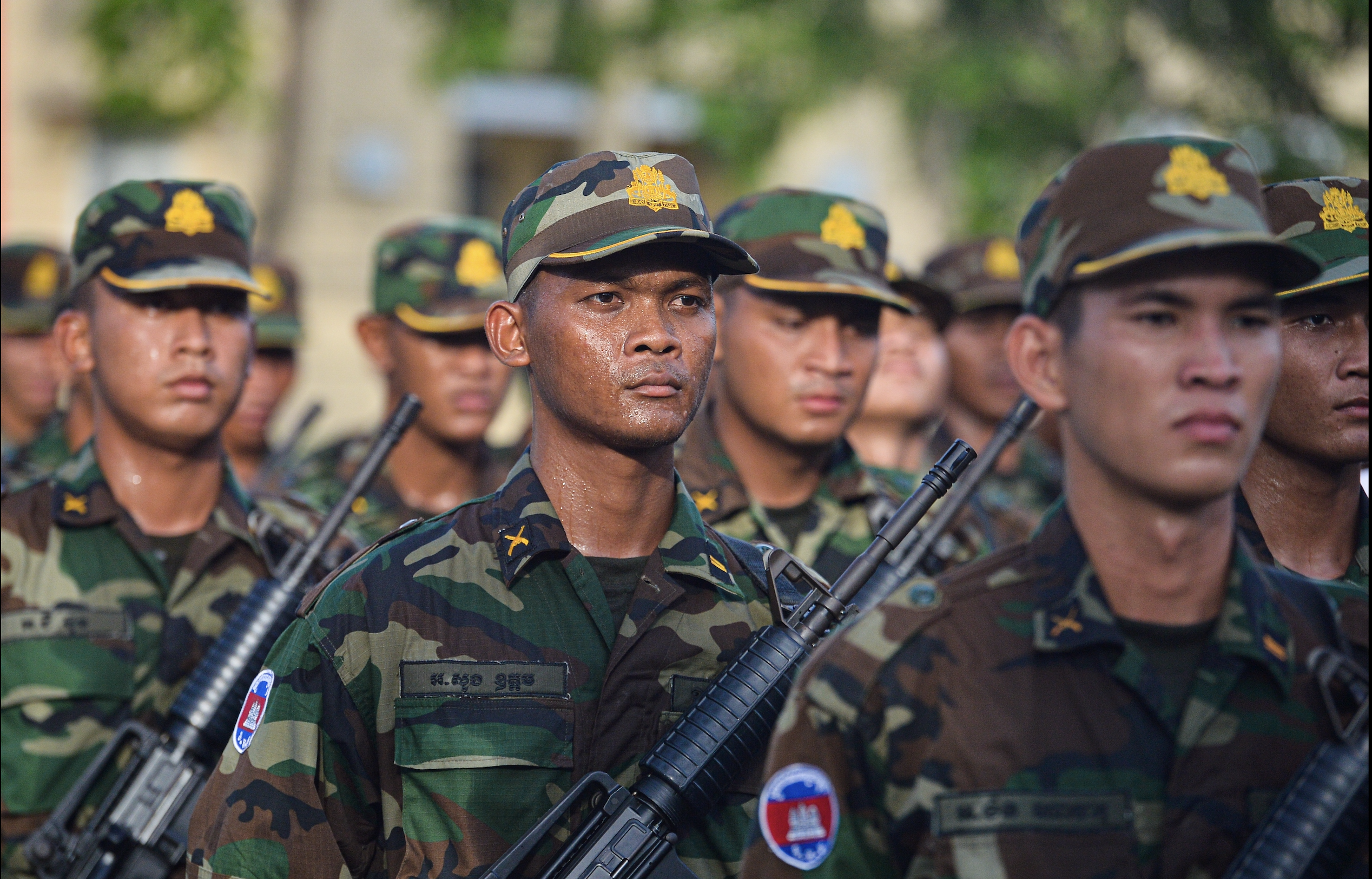







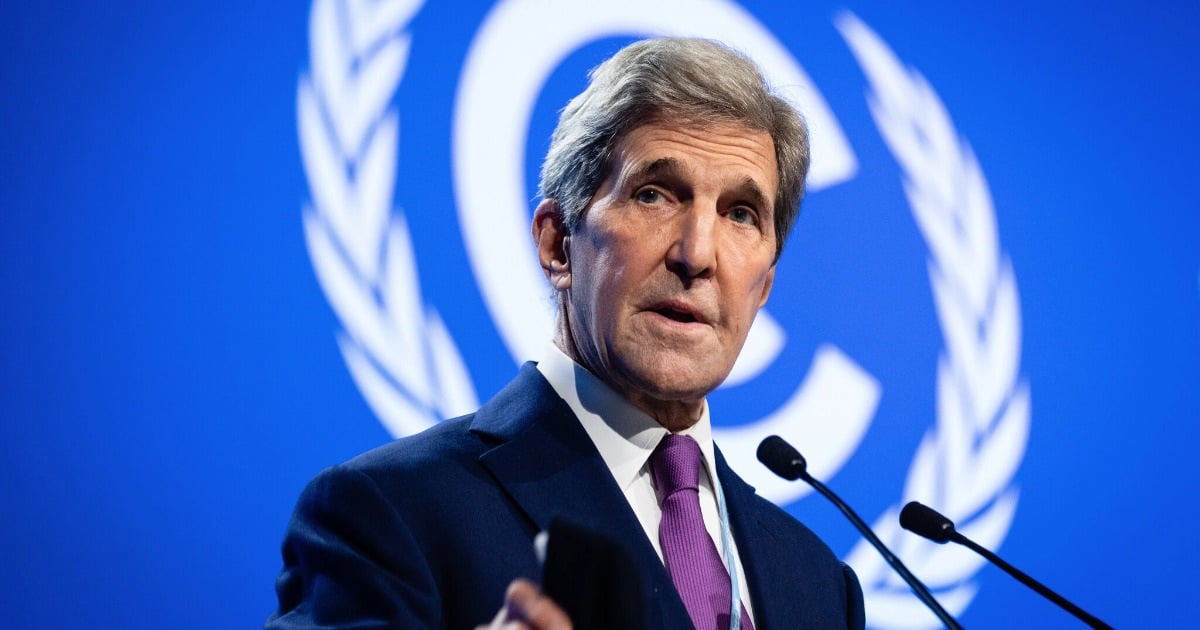



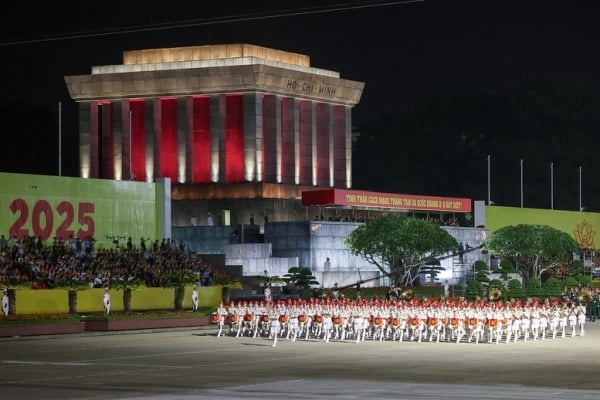

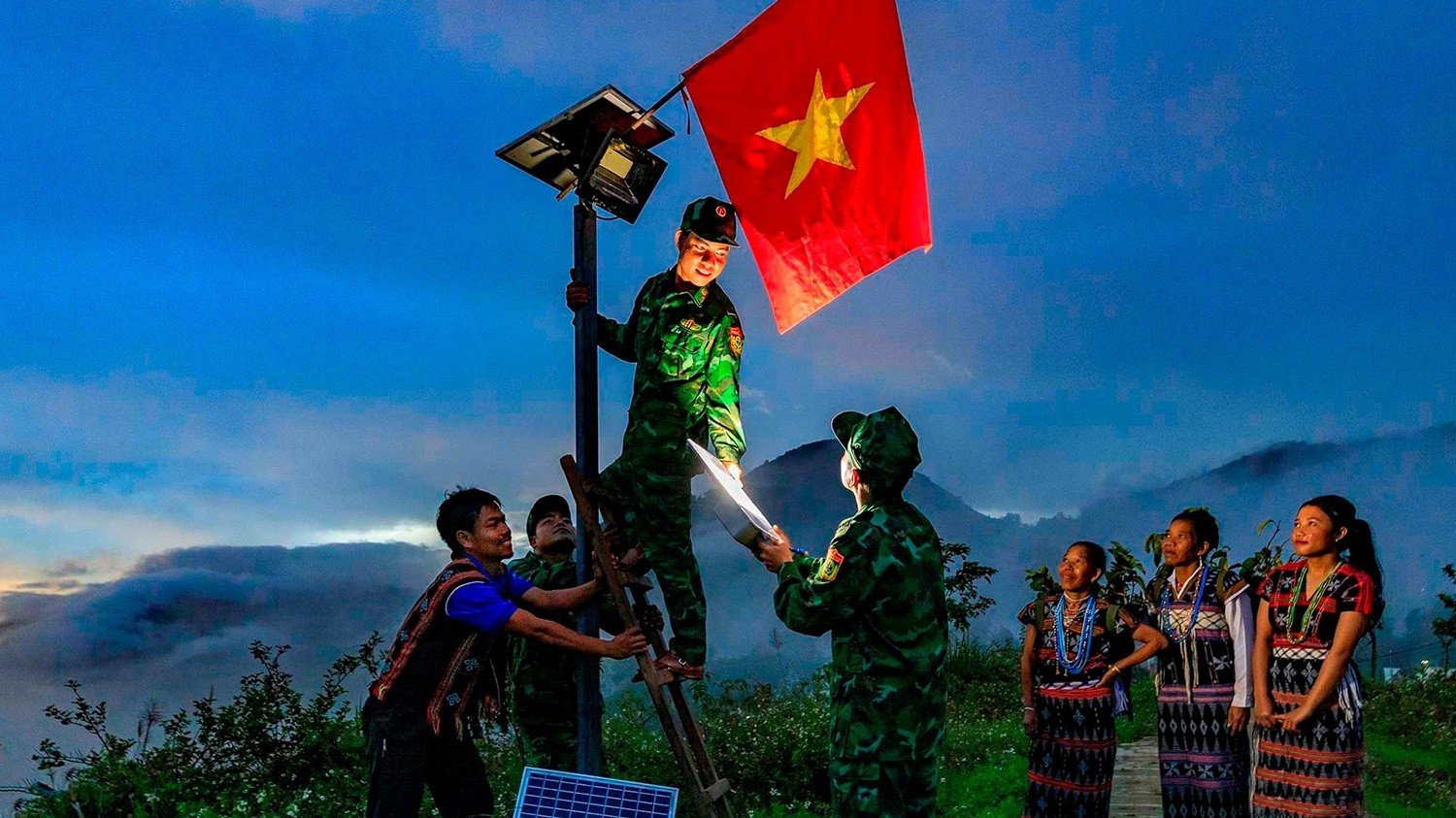













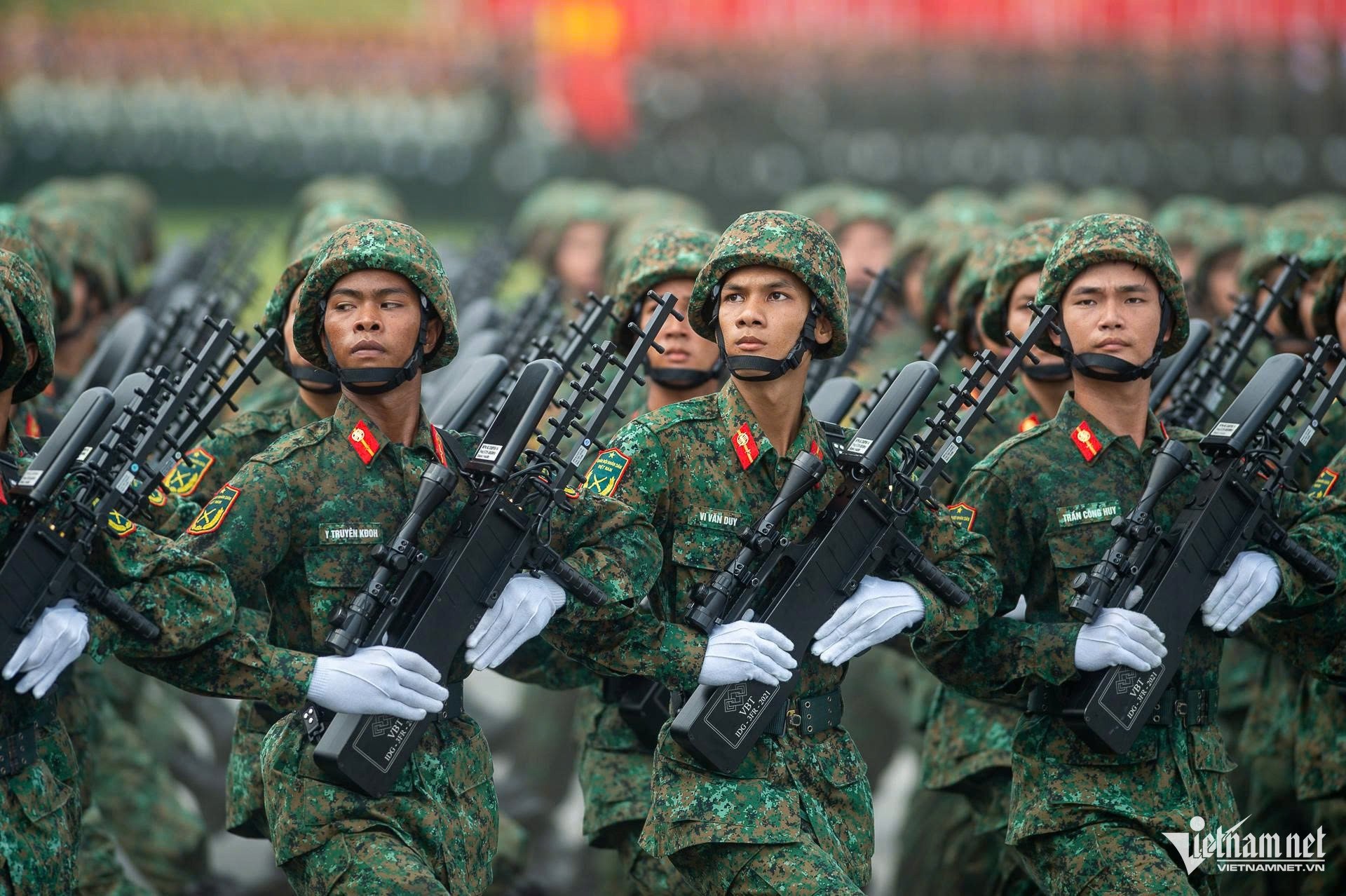





























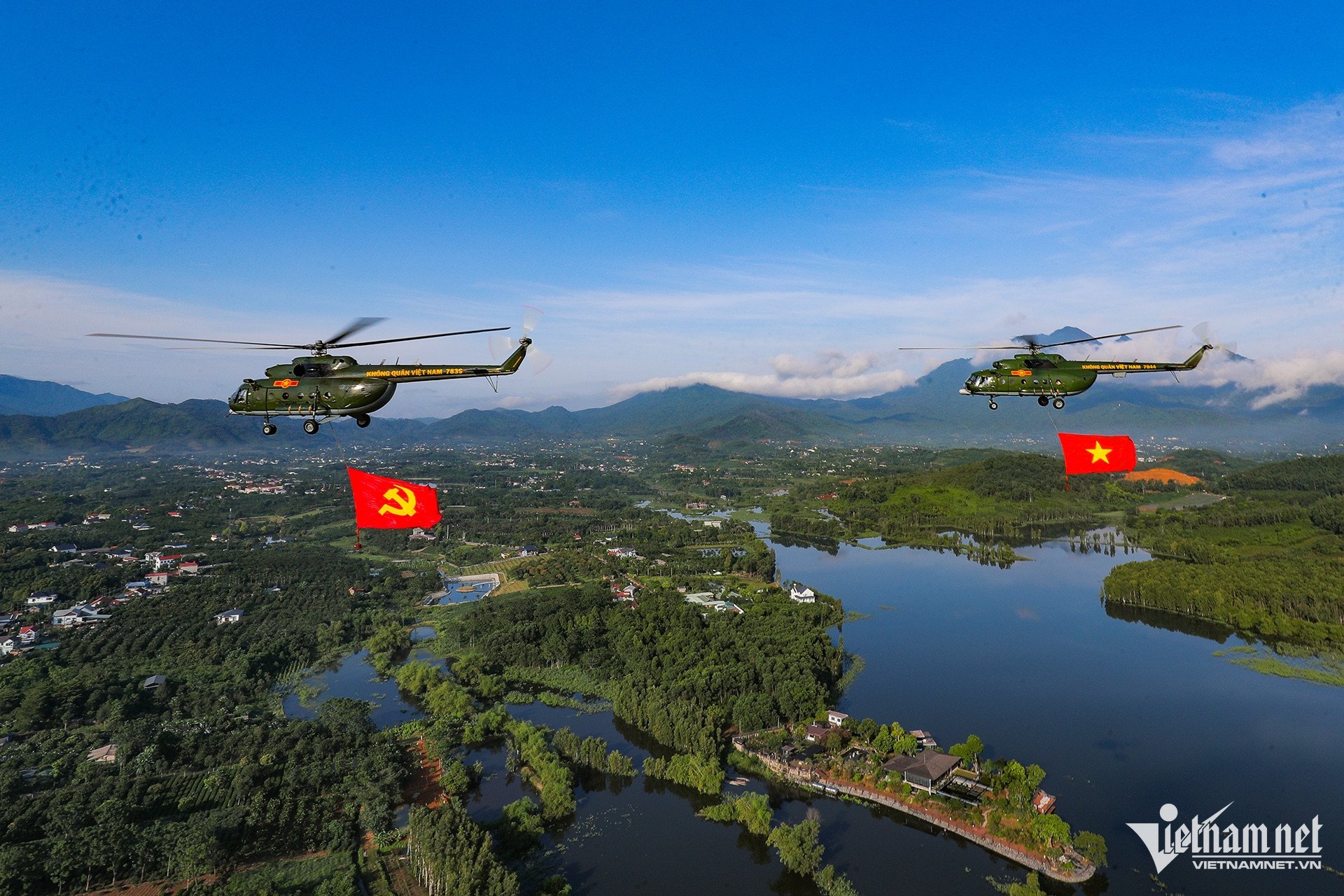



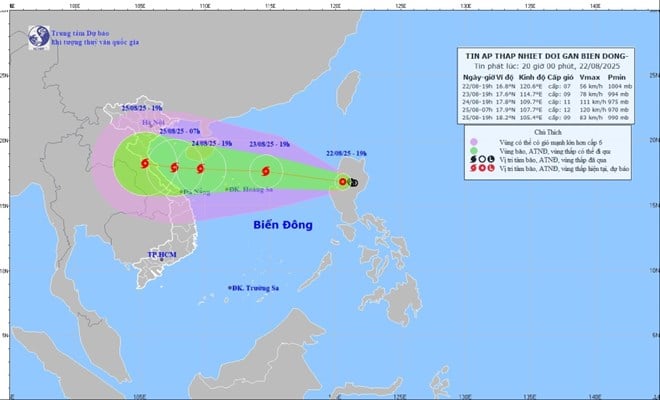






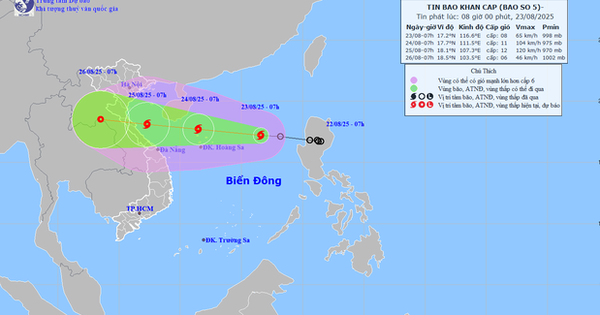






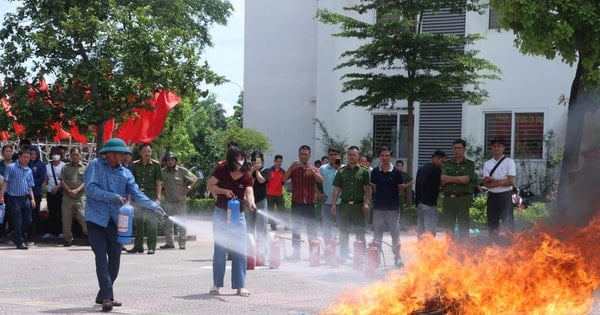




















Comment (0)